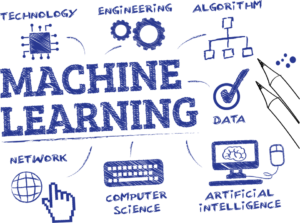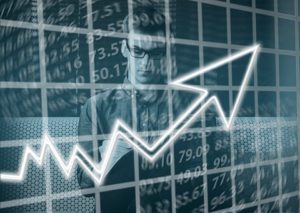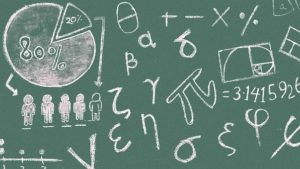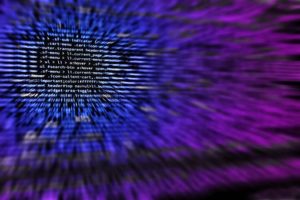The increasing buzz around data science has already attracted a lot of computing enthusiasts and the demand for data science professionals seems to go up with each passing day. In addition, the gap between the availability of skilled professionals and the demand is quite substantial, which makes it even more of an exciting career path.
In this scenario, if you are planning to step into the field of data science, what steps should you follow for business or career? Do you actually need to have a university degree to get a decent job in this field? In this post, we’ve tried to identify whether a university degree is an absolute necessity or not.
But before we begin, here’re some questions that you must ask yourself prior to proceeding ahead.
- Do you enjoy programming and statistics(Coding, Data Science, Machine Learning etc)?
- Would you be okay with getting a job in data science, even if it pays an average salary?
- Do you want to work in a field where you need to be learning constantly about the latest technologies(AI, Blockchain etc)?
If your answer to all these is “Yes”, then you’re on the right track.
First of all, the simplest explanation of what data science entails is the process of accumulating, analyzing, and interpreting data – all with the help of technology. So, what will you be actually doing as a data science professional?
Probable job responsibilities

You’ll probably be solving different problems by implementing machine learning to big data. Here’re some examples:
- Identifying data anomalies
- Predicting customers’ possibility to cancel subscription
- Clustering customers into relevant groups, and
- Calculating revenue projections, among others
You will get to experience different kinds of problems and to be proficient, you need to have a solid foundation in statistics, math, and coding, apart from continuous learning and adapting. Let’s have a look at these skills in a little detail.
Key skills
1- Statistics

Statistics is the part of data science that deals with analyzing and interpreting data. Having a robust understanding of the methods used in statistics will help you in measuring probability, which refers to the likelihood of events. These phenomena help interpreting the future technology (like AI, machine learning…)
2- Mathematics

Core mathematical foundation acts as a base for learning other important skills needed to become a data science professional. You should be comfortable in dealing with mathematical concepts. These concepts;
- linear algebra,
- regression,
- probability theory,
- core ML methods,
- numerical analysis.
If you’ve a practical bent of mind, you may find math more enjoyable in the context of data science where the data represents real-world concepts and spring board data science review.
3- Coding in Bootcamp

You can only comprehend a well-categorized chunk of data if you know the language in which data communicate. A good coder may not be a data science professional, but a data science professional is surely a good coder. You can have an excellent future when you attend the data science in 6 weeks with well known professional lecturer in Silicon Valley.
Conclusion
Apart from the above, there’re some obvious skills like thorough knowledge of database, data munging (popularly called data wrangling), machine learning etc, which are needed to become a data science professional. While getting a university degree in data science is a fast and sure way to step into the field, there’re some institutions and companies that offer online courses on both data science specializations and fundamentals(such as Magnimind Academy). When it comes to cracking a job interview in data science, you may find that some companies clearly mention that they’ll only encourage candidates with university degrees. However, a lot of companies prefer to hire candidates who have adequate knowledge in the field even when they don’t have a university degree.
. . .
To learn more about data science bootcamps, click here and read our another article.


